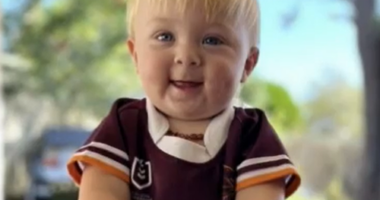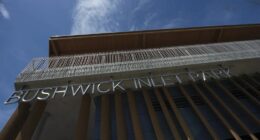Share this @internewscast.com
Nearly every job in Australia will be transformed by technological change, with some roles becoming obsolete, new research has found.
“That means that it’s very broad base. It’s going to affect the way we work right across the workplace,” he told SBS News.
Some jobs will change, some will ‘fade’
“We believe that the threat to the workforce is not through a mass unemployment phase. This isn’t a doomsday prediction like you might have seen elsewhere; rather, it’s a more balanced outcome that we anticipate for the workforce.”
“It won’t be an immediate overnight thing, but they will fade.”
Jobs with the most and least risks
Commercial cleaners, sales assistants in general and specialty retail stores, kitchen hands, couriers and postal carriers, truck drivers, and workers in structural steel and welding trades are the next groups most at risk.
The report identified the five industries with the highest proportion of highly substitutable workers as insurance, hotels and restaurants, beverages, consumer staples, and food products.
Which jobs are going to transform?
The top five ASX industries that stand out for augmentation potential include:
- Insurance
- Health care technology
- Software
- Interactive media and services
- IT services











